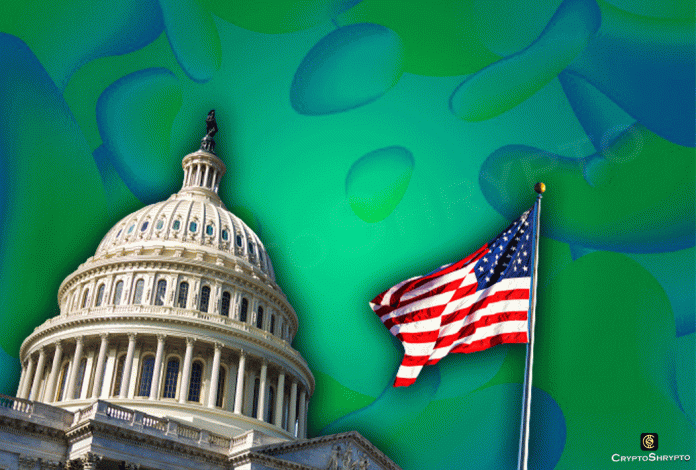On Thursday, when Congress considered US laws for digital wallets, legislators were especially interested in the responsibilities of data privacy and consumer safeguards.
Representative Stephen Lynch’s (D-MA) new ECASH bill received a lot of attention throughout the hearing. The bill, which was introduced at the end of March, directs the Treasury to develop digital technology that is as close to currency as possible. In effect, this would imply complete privacy and the prohibition of any type of ledger.
Lynch is the chair of the House Financial Services Committee’s Task Force on Financial Technology, which hosted the hearing. Representative Maxine Waters (D-CA), the chair of the whole committee, scheduled such a hearing so soon after the bill was introduced, which, he believes, is a favourable indicator for the bill’s fate.
“It’s attracting attention from unexpected places,” Lynch added. “In terms of having to yield your data for every transaction or establishing an account, there’s something about the total monitoring aspect of everything else that rubs me the wrong way.”
Despite this, Warren Davidson (R-OH), the task force’s ranking member, stated he was still considering the plan and had not decided whether to support or oppose it.
Lynch pointed out that the current measure leaves technology details to Treasury-led pilot initiatives.
In addition to Lynch’s proposal, the hearing focused on a variety of payment providers, including Google, Apple, Paypal, Block, Zelle, and digital asset wallets, with stablecoins receiving special attention.
Read more: Congress members oppose SEC’s information requests to crypto firms




